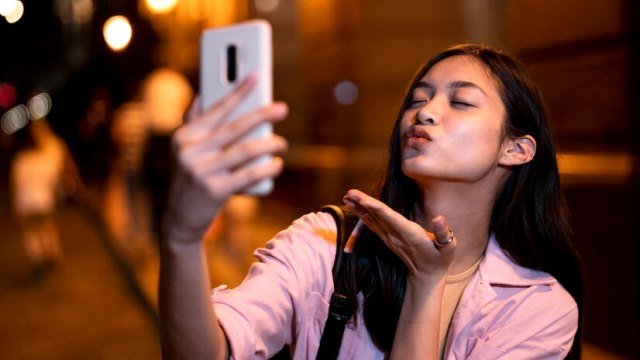Thirteen U.S. states and Washington, D.C., have launched lawsuits against TikTok, accusing the popular social media platform of harming young users by promoting addictive content and failing to protect them from its negative effects.

Filed separately in states including New York, California, and others, the lawsuits demand new financial penalties for TikTok’s alleged role in deteriorating youth mental health and misrepresenting its content moderation capabilities, Reuters news report said.
In fact, young population is the main target of advertisers of TikTok. Meta Platforms recently said Facebook will target young population for bolstering its business growth in coming years. Several advertisers, developers, video creators depend on the success of TikTok for their growth.
The central accusation in these lawsuits is that TikTok’s design fosters social media addiction, particularly targeting children and teenagers who are more vulnerable to prolonged screen time and are less equipped to manage their online consumption.
California Attorney General Rob Bonta expressed concern, stating, “TikTok cultivates social media addiction to boost corporate profits,” and emphasized that the platform exploits the cognitive vulnerabilities of young users.
The lawsuits claim that TikTok’s algorithm encourages young people to spend excessive time on the app to increase exposure to advertisements.
New York Attorney General Letitia James echoed the sentiment, pointing out the platform’s impact on mental health: “Young people are struggling with their mental health because of addictive social media platforms like TikTok.”
The issue of child safety and exploitation has also been raised. Washington, D.C.’s lawsuit goes so far as to compare the app’s live-streaming features to a “virtual strip club with no age restrictions,” alleging that TikTok has failed to prevent the sexual exploitation of minors on its platform.
In response, TikTok, which has a strong video platform in the U.S., has strongly denied the allegations, stating that it offers various safety features such as screen time limits and privacy settings for younger users. The company criticized the lawsuits, saying it was “disappointed” that states chose legal action rather than working together on solutions to industry-wide challenges.
This legal battle is just the latest in a series of actions taken against TikTok. The U.S. Justice Department sued the company in August for allegedly failing to safeguard children’s privacy, and several states, including Utah and Texas, have already taken legal measures.
Additionally, TikTok’s Chinese parent company ByteDance is still fighting a proposed U.S. law that could see the app banned nationwide due to broader concerns over data privacy and national security.
The lawsuits in the United States signal a growing wave of scrutiny surrounding China-headquartered TikTok’s influence on youth, with many calling for tighter regulation and greater accountability from the tech giant.
